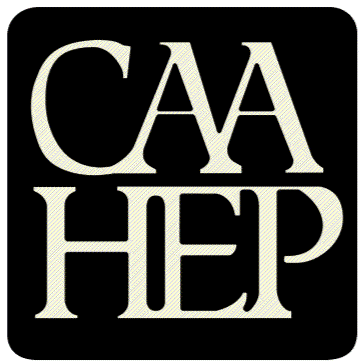
Exercise Science
Physical Therapist Assistant Pathway
This is a Pathway for Physical Therapist Assistants to obtain their Bachelor of Science in Exercise Science. Graduates will have the prerequisites for admission into the Doctor of Physical Therapy program, currently in development. The program is primarily online and remote, except for a few onsite laboratory weekends.
HU increases the accessibility and affordability of career advancement for Physical Therapist Assistants.
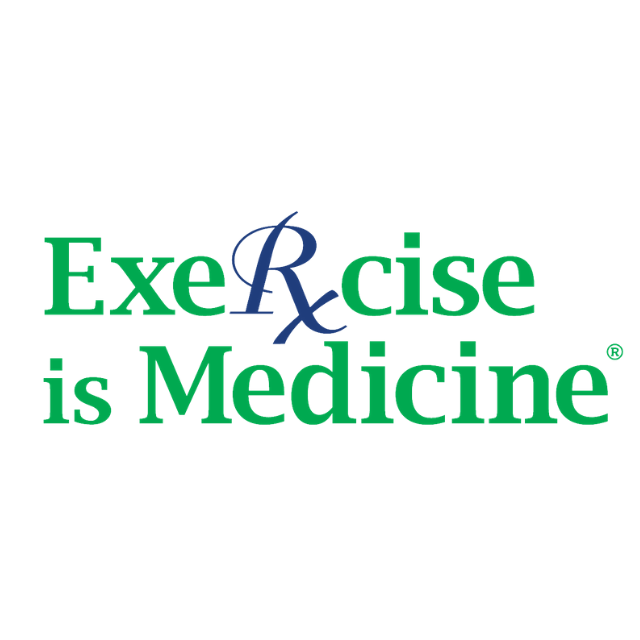
The EXSC program received initial CAAHEP accreditation May 2023.
Exercise is Medicine– On Campus was integrated into Harrisburg University October 2023.
PARTNERSHIP AGREEMENTS
Harrisburg University EXSC PTA Pathway has Partnership Agreements with PTA Programs and Corporate Partners.
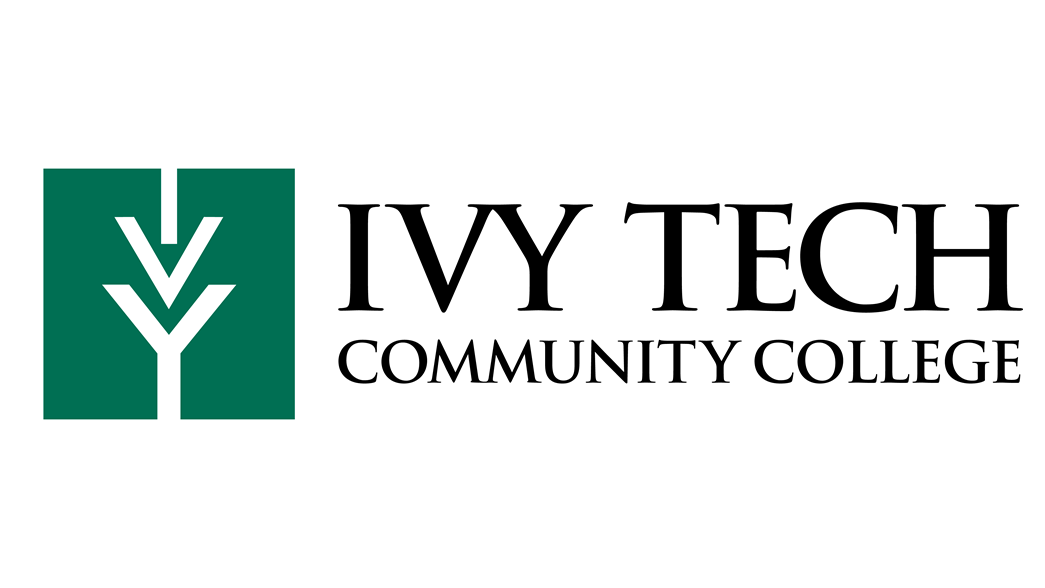
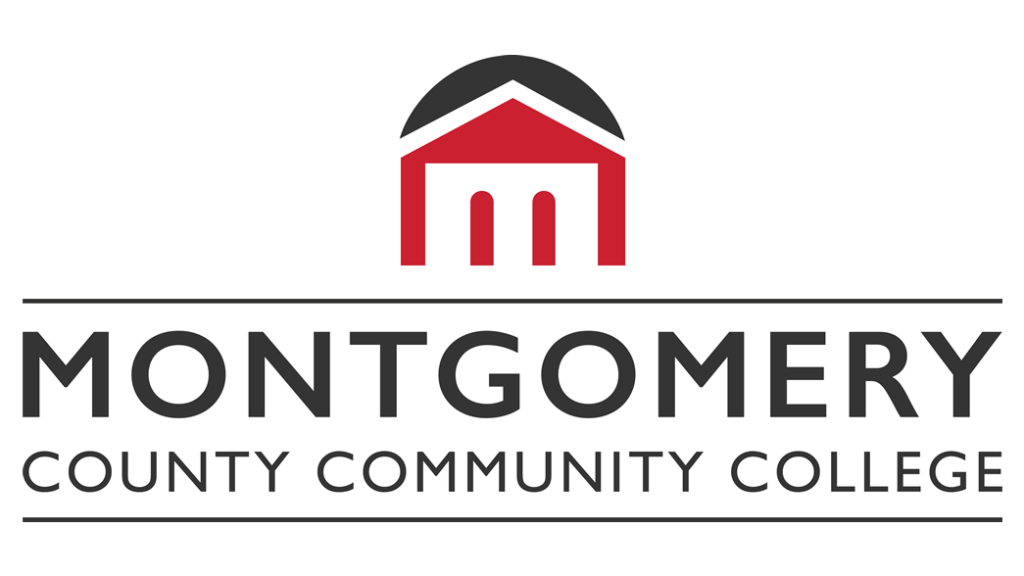
Program Description
The Harrisburg University Bachelor of Science in Exercise Science Pathway Program is a degree-completion program for licensed Physical Therapist Assistants. The hybrid curriculum model meets the needs of a diverse student population by utilizing a cost-effective approach. The program combines distant, simulation, and experiential learning that facilitates optimal educational opportunities for the exercise physiologist.
Register For Upcoming Events
Register Now
Thank you for confirming your interest in Harrisburg University’s Exercise Science PTA Pathway program! We look forward to sharing our program details with you.
A Pathway for Physical Therapist Assistants to obtain their Bachelor of Science in Exercise Science. Graduates will have the prerequisites for admission into the developing Doctor of Physical Therapy program. The program is primarily online and can be completed remotely except for a few onsite laboratory weekends.
HU increases the accessibility and affordability of career advancement for Physical Therapist Assistants.
Upcoming Events
Register For: Exercise Science PTA Pathway Program Information Sessions
04/22/2024 08:30 PM
Online Event
Register For: Exercise Science PTA Pathway Program Information Sessions
05/01/2024 07:30 PM
Online Event
Register For: Exercise Science PTA Pathway Program Information Sessions
05/16/2024 08:00 PM
Online Event
Register For: Exercise Science PTA Pathway Program Information Sessions
06/17/2024 06:30 PM
Online Event
Register For: Exercise Science PTA Pathway Program Information Sessions
06/28/2024 06:30 PM
Online Event
Career Outlook for PTA Exercise Science Pathway Graduates
A bachelor’s in exercise science enhances the career of a physical therapist assistant by providing advancement opportunities in wellness, fitness, healthcare leadership, and other clinical pathways.
Exercise Science is the study of the effect of physical activity, diet, and health on human physiology. Exercise Science professionals are a part of a multidisciplinary team in health and fitness. Exercise Scientists help people improve their lives and perform at their maximum capacity through physical activity and lifestyle modification.
GRADUATE CAREER OPTIONS
This program offers a pathway for the pursuit of graduate opportunities in clinical healthcare programs and advanced leadership degrees. Here are a few popular career paths:

Athletic Trainer
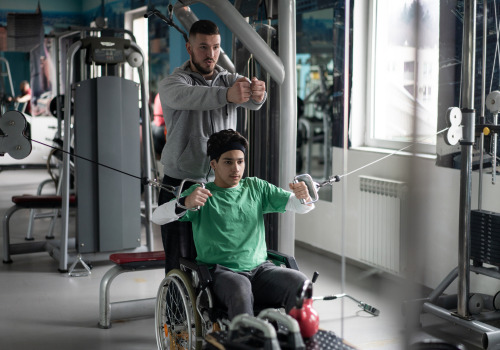
Occupational Trainer
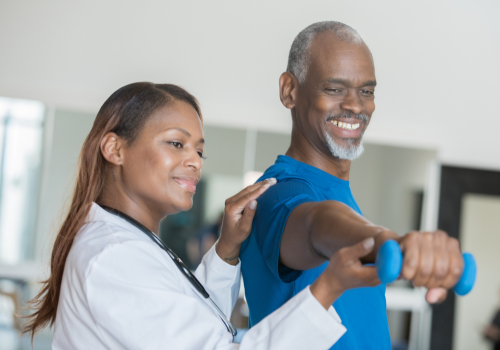
Physical Therapist

Clinical Exercise Physiologist
Additional career options include Fitness & Wellness Director, Exercise Physiologist, Medical Doctor, Occupational Therapist, Physician Assistant, Strength and Conditioning Coach, Healthcare Leadership, and University/Industry Research.
Streamlined Admissions Process
Application Process
- Apply online at https://apply.harrisburgu.edu/apply/ or complete a paper application that is available from the Admissions Office.
- Submit all official college transcripts for all college, university, or diploma schools attended (whether academic credit was earned)
- Provide the state and number of your current PTA license
- Provide a video essay. (Video requirement found in application)
- Provide one letter of recommendation from either an employer or faculty member
- Provide a current resume and/or CV, including work experience and continuing education
Admission Criteria
Current PTA license
Successful completion of the application process (outlined above)
December 16th 2024 for Spring 2025 Cohort
Program Lead

Lori Portzer, Ph.D, ACSM-EP Associate Professor and Program Lead for Exercise Science
Faculty
Associate Professor Academic and Program Lead Doctor of Physical Therapy
Jason Smith, PT, DPT, OCS, FAAOMPT, COMT, DAC, FMS, Cert DN, CertDxUS
Director of Clinical Education; Assistant Professor, Physical Therapy
Chris W Condran, PT, DPT, EdD, MBA-HCM, MS, ACSM-EP, NSPA-CS
Assistant Professor of Physical Therapy
Program Courses
Students are required to complete 120 credits for the Bachelor of Science Degree. The following comprise the required core and experiential courses of the Exercise Science PTA Pathway degree program. Students will automatically transfer a minimum of 53 credits with 67 credits remaining for degree completion
Courses with an * requires travel to campus for intermittent laboratory weekends
Exercise Science Degree Certification
Exercise science education prepares students for a variety of certifications in the health and fitness industry. Many of these certifications are available during and immediately following graduation from an exercise science program. Obtaining certification provides physical therapist assistants additional career opportunities and advancement. Suggested certifying bodies include:
- American College of Sports Medicine (ACSM)
- American Council on Exercise (ACE)
- National Strength and Conditioning Association (NSCA)
- National Academy of Sports Medicine (NASM)
- Aquatic Exercise Association (AEA)
- Athletics and Fitness Association of America (AFAA)
Program News
Harrisburg University and Pierpont Community and Technical College Finalize PTA Pathway Articulation Agreement
HARRISBURG, PA – Harrisburg University of Science and Technology (HU) has formalized an articulation agreement with Pierpont Community and Technical College…
Harrisburg University Hosting Spring Open Houses for Physical Therapist and Exercise Science Programs April 9 & 12
Harrisburg University of Science and Technology will host two Open House events, April 9 and 12, to celebrate and support…
New Research by Dr. Lori Portzer Presented at SEACSM Annual Meeting, Places Third in ‘What’s Up, Doc?’ Competition
The southeast chapter (SEACSM) of the American College of Sports Medicine (ACSM) kicked off its 2024 Annual Meeting on February…
Take the Next Step
Get More Information
Questions about our programs? Reach out to a member of our team and get personalized answers.
Apply Now
Create an account and start your free online application to Harrisburg University today.
